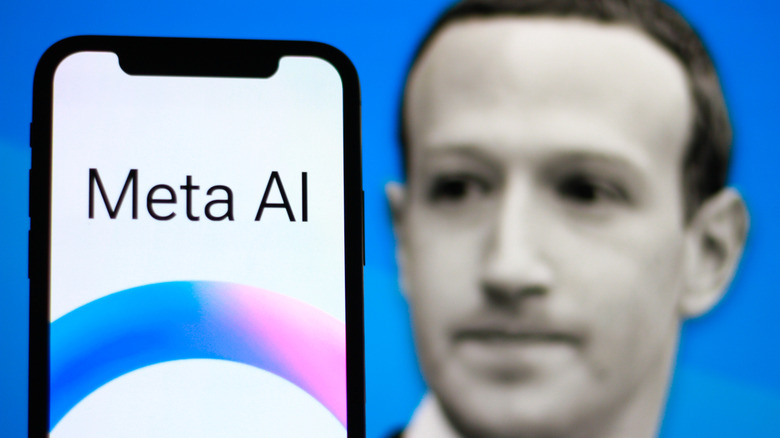Thinking Machines Lab AI Engineers Refused Meta's $1 Billion Hiring Offers
Led by former OpenAI CTO Mira Murati, Thinking Machines Lab is one of the hottest AI startups around, having closed a record seed funding round that saw it raise $2 billion at a $12 billion valuation. Murati promised Thinking Machines Lab would launch its first AI product this year, which should have a significant open-source component.
Unsurprisingly, Thinking Machines Lab has been on Meta's radar, with Mark Zuckerberg having reportedly tried to buy the entire company in a multibillion deal similar to Meta's $14.3 billion purchase of a 49% stake in Scale AI in June. Reports said that TML refused the deal, but it looks like Meta didn't stop there. Meta tried to poach TML engineers one by one, offering them up to $1 billion in salary and perks over the next few years. Thinking Machines Lab employs a team of bright minds who joined Murati after working at OpenAI and other AI startups. Meta would certainly be thrilled to have any of them to join its superintelligence AI teams based on the massive hiring sprees that have made headlines in recent weeks.
Meta has already poached AI engineers from its rivals, including OpenAI and Apple, offering multi-year salary packages in the hundreds of millions of dollars. Meta this week just reported better-than-expected earnings, indicating its massive AI spending won't stop anytime soon.
Thinking Machines Lab engineers are staying put
Meta throwing money at top AI talent signals two things. First, Meta's own AI models aren't as good as we were led to believe. Without bringing in more AI engineers, Meta can't hope to have Meta AI become a genuine rival to ChatGPT and Gemini. Second, Meta is desperate to have a strong presence in AI. Failure to achieve meaningful progress now might impact the success of its apps in the coming years. However, as a longtime AI user, I'm not ready to trust Meta to be my AI companion. It's refreshing to see prominent figures at TML refuse Meta's life-changing offers. "So far at Thinking Machines Lab, not a single person has taken the offer," Murati told Wired (via Times of India).
Wired was the first to report that TML employees rejected offers from Meta ranging from $200 million to $1 billion. It's unclear who received the latter, though Mira Murati is certainly the kind of candidate whom Meta would want to join its team. Meta confirmed that it reached out "to a handful of people at TML," but wouldn't admit to the $1 billion salary offers.
The AI researchers that Meta have hired in the past few weeks now make more money than some of the world's top athletes. Soccer star Cristiano Ronaldo inked a record deal with Saudi Arabian club Al Nassr earlier this year valued at $676 million over two years, $245 million of which represents the base salary. Ronaldo is in the final years of his record-breaking career, however. AI researchers are just getting started.
Spending on AI continues to balloon
Meta can afford to throw billions of dollars at AI without worrying about its bottom line. The Verge reports that Meta made $47.5 billion in the June quarter, representing 22% growth over last year. Meta stock rose by over 10% after that earnings report, increasing Meta's valuation by over $175 billion. The stock shot up despite Meta telling analysts that it would spend more money on AI next year. "Our business continues to perform very well, which enables us to invest heavily in our AI efforts," Mark Zuckerberg said during the earnings call, indicating that Meta's endgame is superintelligence (also known as ASI). That's AI that "surpasses human intelligence in every way."
Zuckerberg also penned a blog post before the earnings call titled "Personal Superintelligence," where he explains Meta's vision for ASI. The CEO says that "developing superintelligence is now in sight" and that Meta will bring it to everyone. Zuckerberg is asking people to trust Meta to do the right thing with Meta AI. If you don't, all this spending on AI resources and talent will be in vain.
TML is also working on similar projects. Every company currently training frontier AI models has a similar goal. While there are no objective definitions for these concepts, and the goalposts tend to shift, AGI is often described as AI that can tackle any task with the same creativity as humans. Before ASI and AGI, we'll see the next big thing in AI soon from OpenAI: GPT-5. The big ChatGPT upgrade should deliver massive improvements over the current model. Sam Altman also wants the next-gen AI to be available for free to every user in the world.


